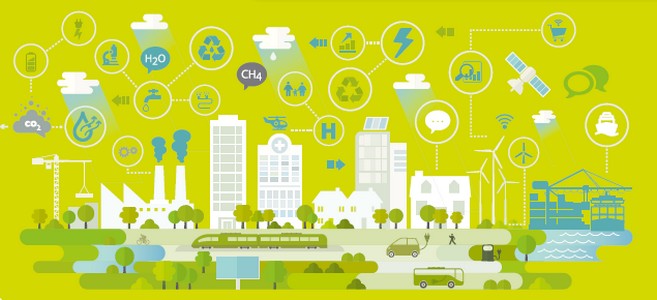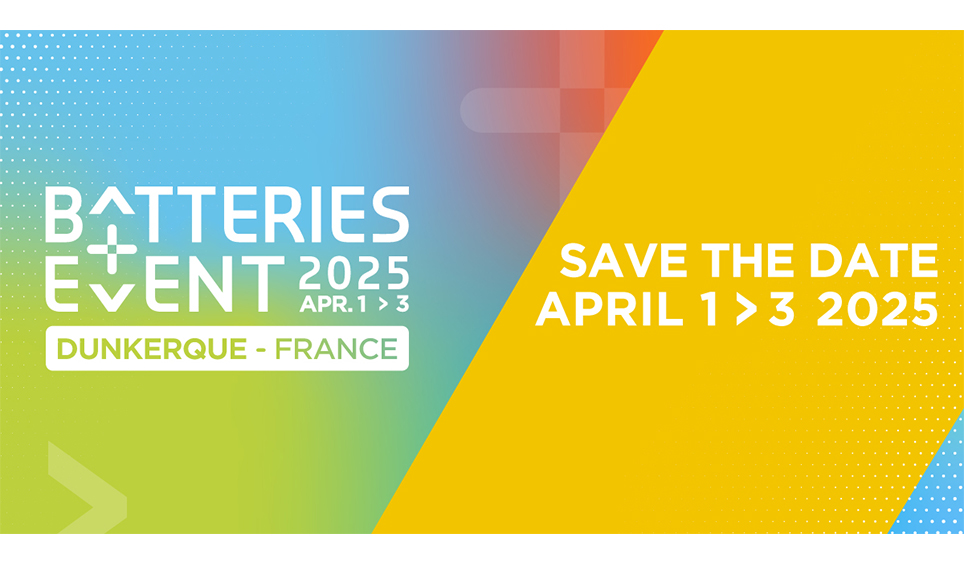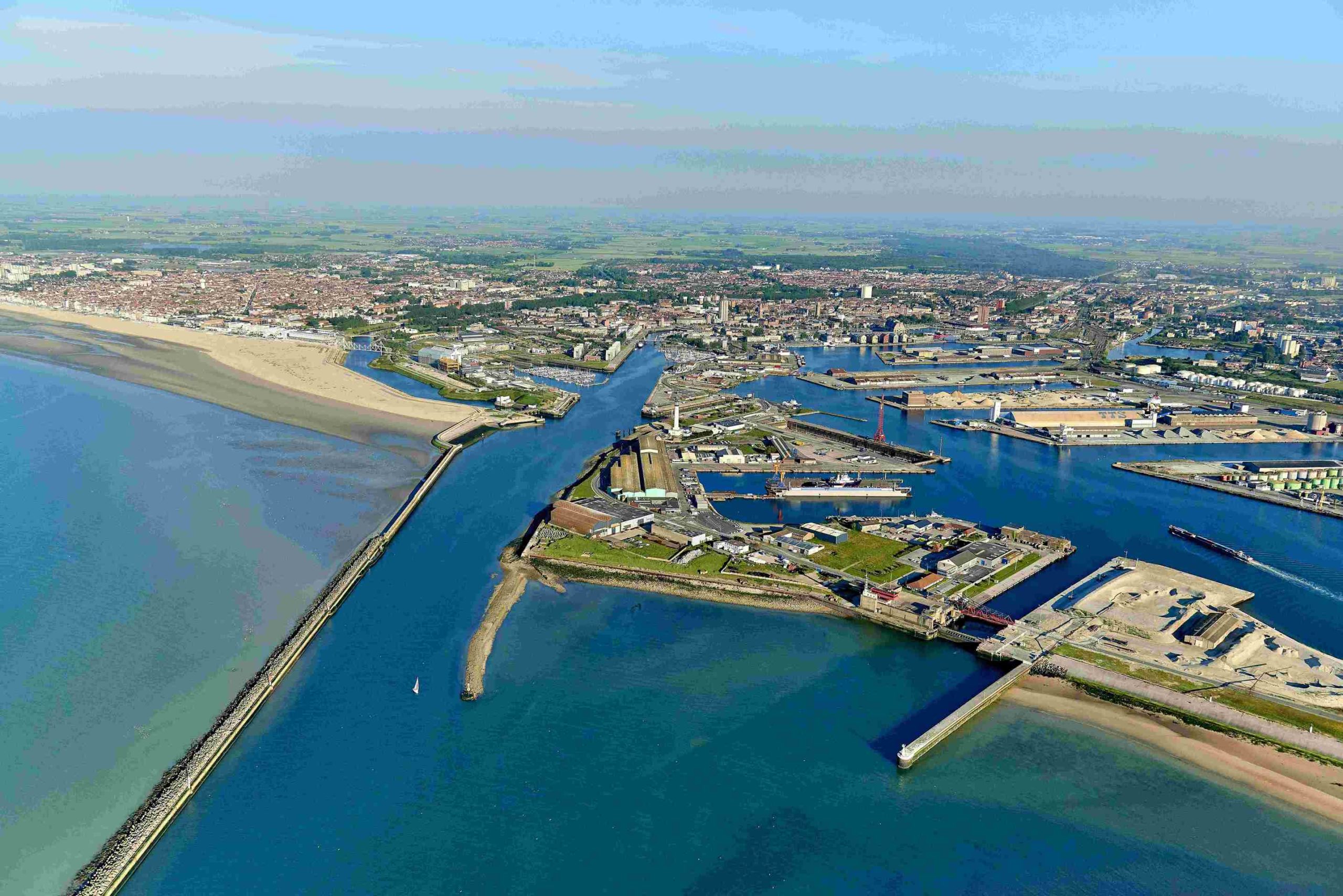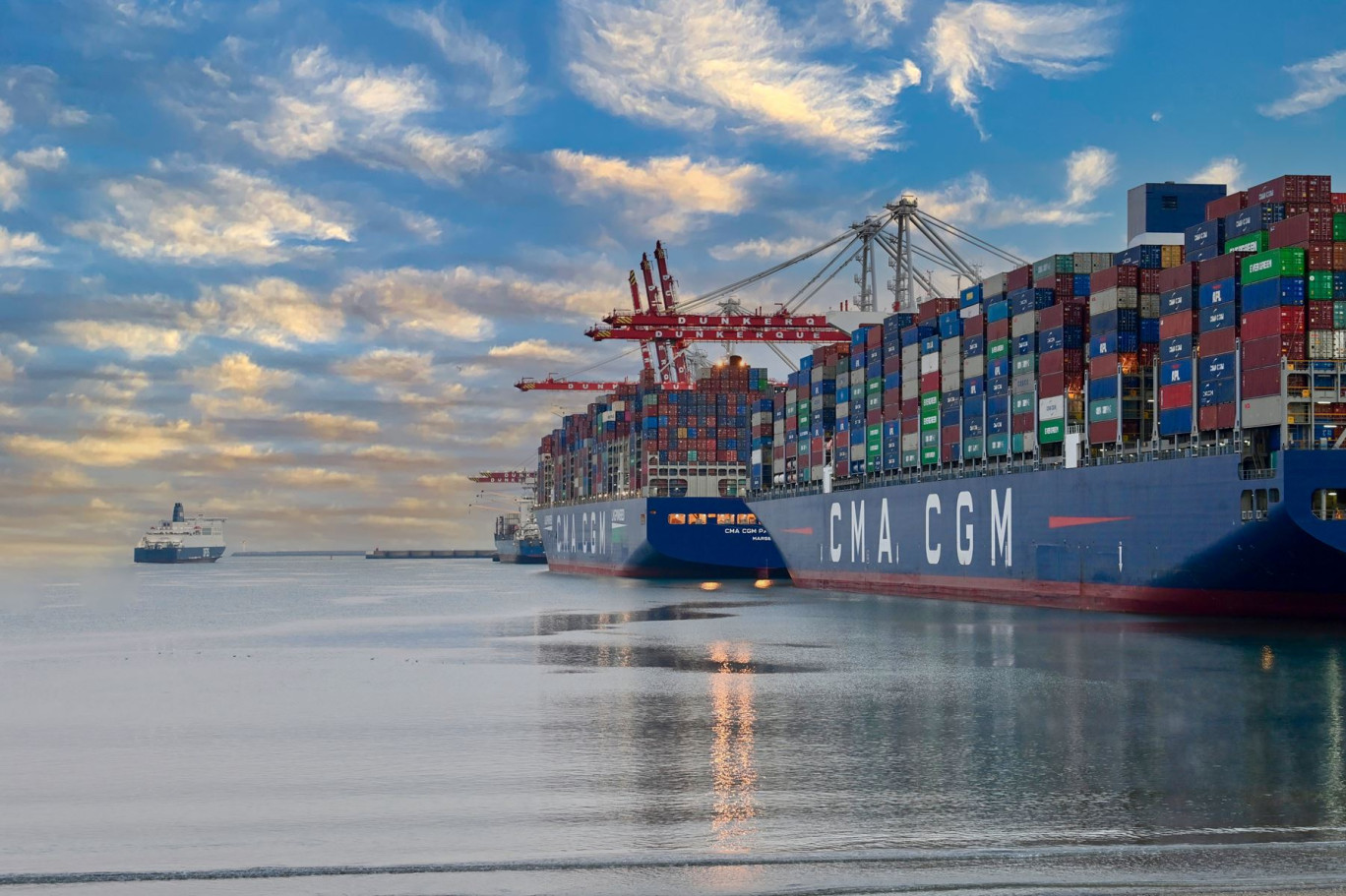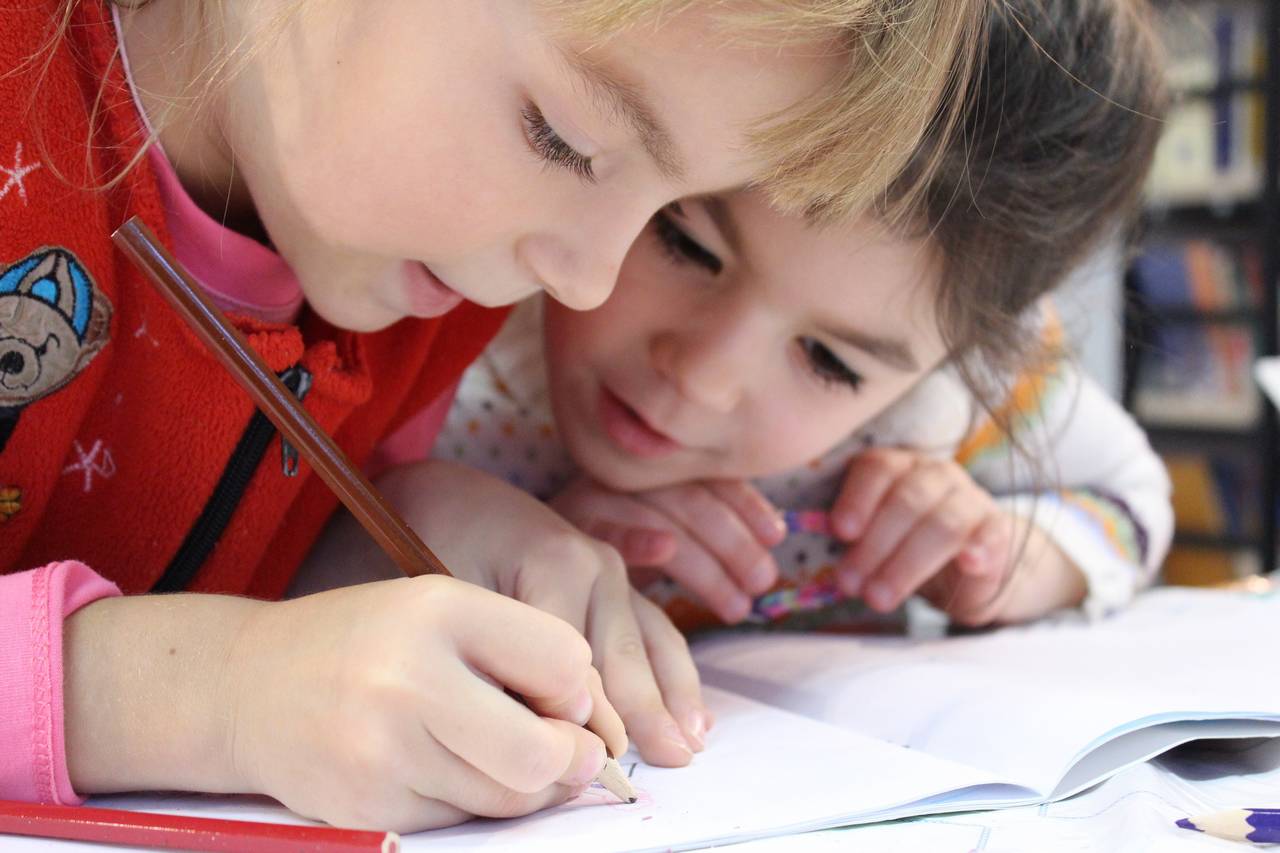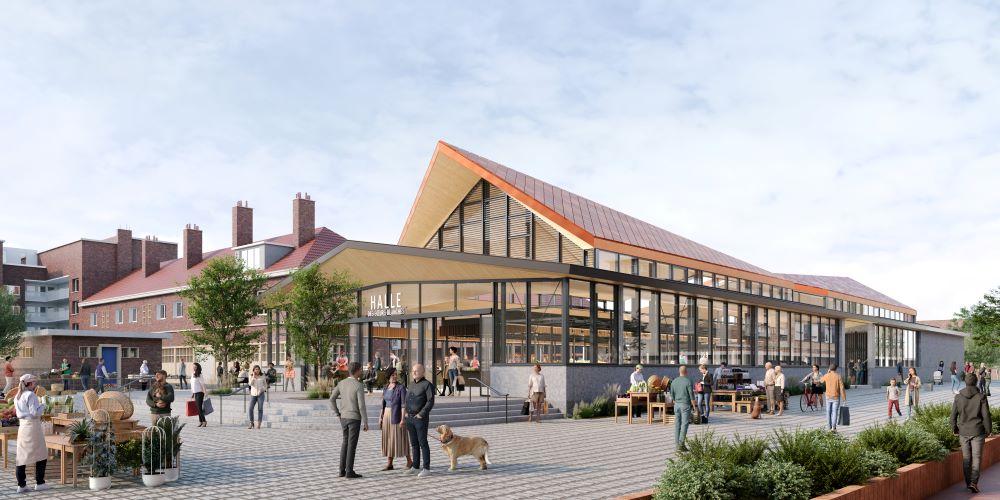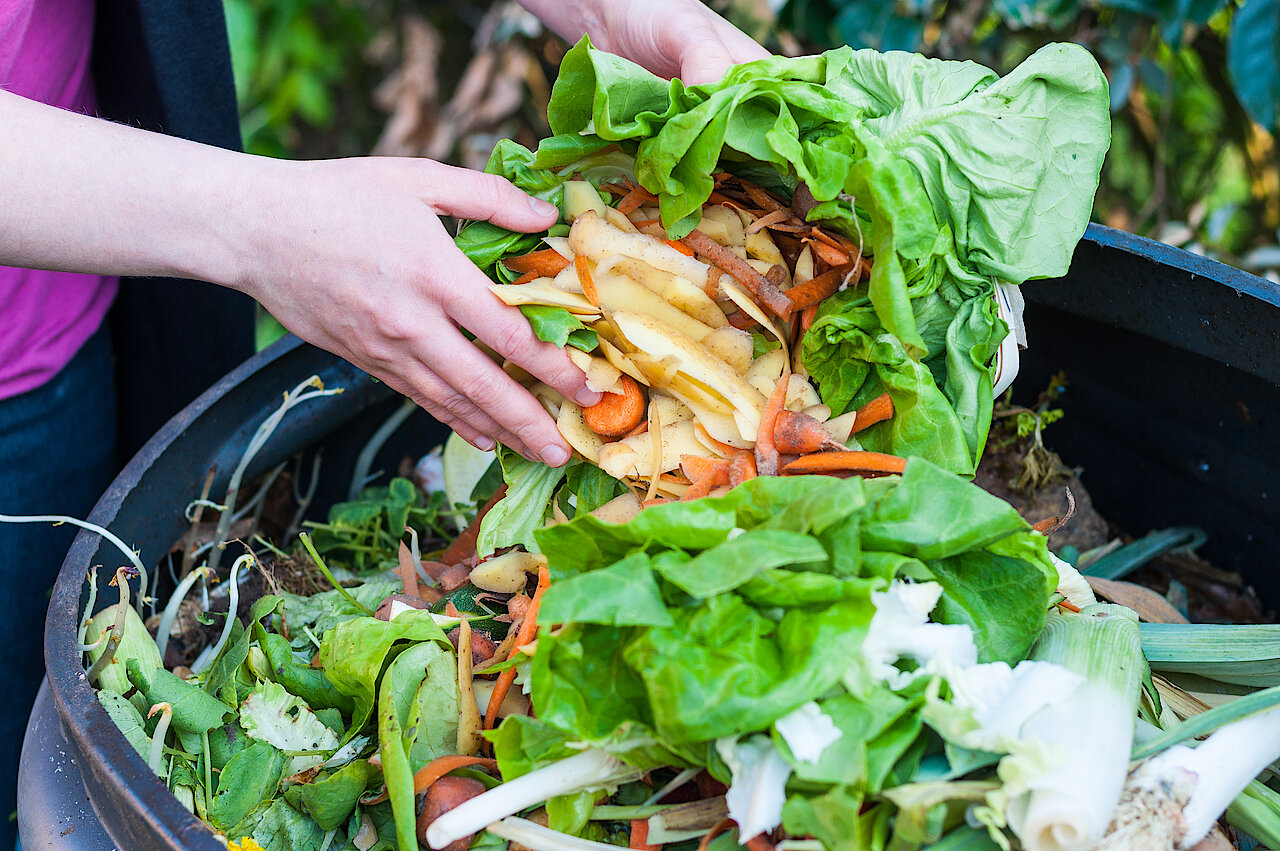As early as 1962 EDF installed a thermal power plant here, running on process gas from the Usinor (now ArcelorMittal) steelworks which had just set up in Dunkirk. This plant has since been deconstructed but was replaced by the DK6 in 2005. The DK6 is a combined-cycle gas power plant with 800 Megawatt capacity, operated by the ENGIE Group, and recycles 5 billon m3 of process gas from ArcelorMittal every year. In 1986 this steelmaker was also responsible for the setup of Dunkirk’s urban heating system, the largest in France, which works by recovery of the industrial waste heat from its blast furnaces. This system is still used to heat 16,000 apartments and offices and avoid the emission of 30,000 tonnes of CO2 a year.
The setup of a nuclear power plant in Gravelines in the early 1980s also made another significant green industry project possible: in 1991 a fish farm, breeding bass and sea bream, was created following an agreement with EDF for the free supply of heated water from the secondary circuit of the nuclear plant. Aquanord now produces 1,500 tonnes of fish every year. Since 2017 the hot water from the nuclear plant has also been put to a new use, with the start of operations at the Dunkirk LNG terminal. By means of a tunnel built between the two structures, the hot water heats the liquefied natural gas (LNG), returning it to the gaseous state before it is injected into the distribution circuit.
The CVE (Energy Recycling Centre) and the CVO (Organic Recycling Centre) which were opened in 2007 by Dunkirk Urban Council are two more examples of successful industrial ecology. The treatment of non-recyclable waste by the CVE produces 48,000 MWh of electrical power each year, while the CVO recycles 22,000 tonnes of organic waste into 6,700 tonnes of compost that is used to fertilise farmland.
But Dunkirk’s industrial firms are not the only ones involved in the adventure of circular economy. In 2015 the startup Ecomairie launched the website of the same name, where individuals can post ads to give away or sell cheaply surplus materials or items they no longer need, and reduce dumping of large items.
The Hauts de Flandre Greater District Council (CCHF) is not lagging behind, either. Awarded the “Rev3* demonstration region” label for the trialling of innovative technologies, the CCHF is working in partnership with local industries to set up a heating system using flax waste to heat the future watersports centre, and other projects are also being studied.
In this context, it is not surprising that since 2001 the region has been home to Ecopal, one of the first associations dedicated to green industry in France. With more than 100 members, the association is now recognised internationally and is supported by Suren Erkman, the world specialist in industrial ecology. Ecopal, in liaison with the Urban Council and Dunkirk’s town planning agency and drawing on the work of Suren Erkman, has just produced the first “industrial fabric” model which lists the opportunities available for developing the circular economy in a labour market.
*Rev3: 3rd industrial revolution


